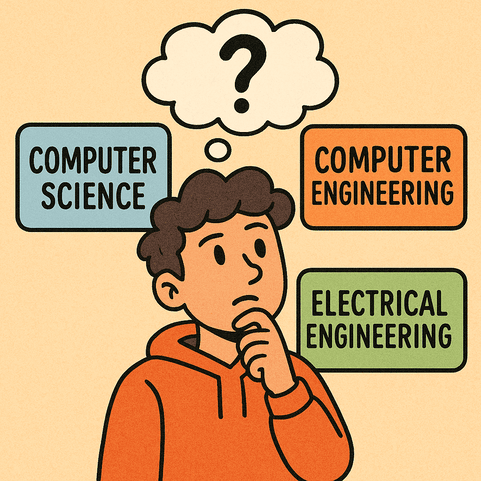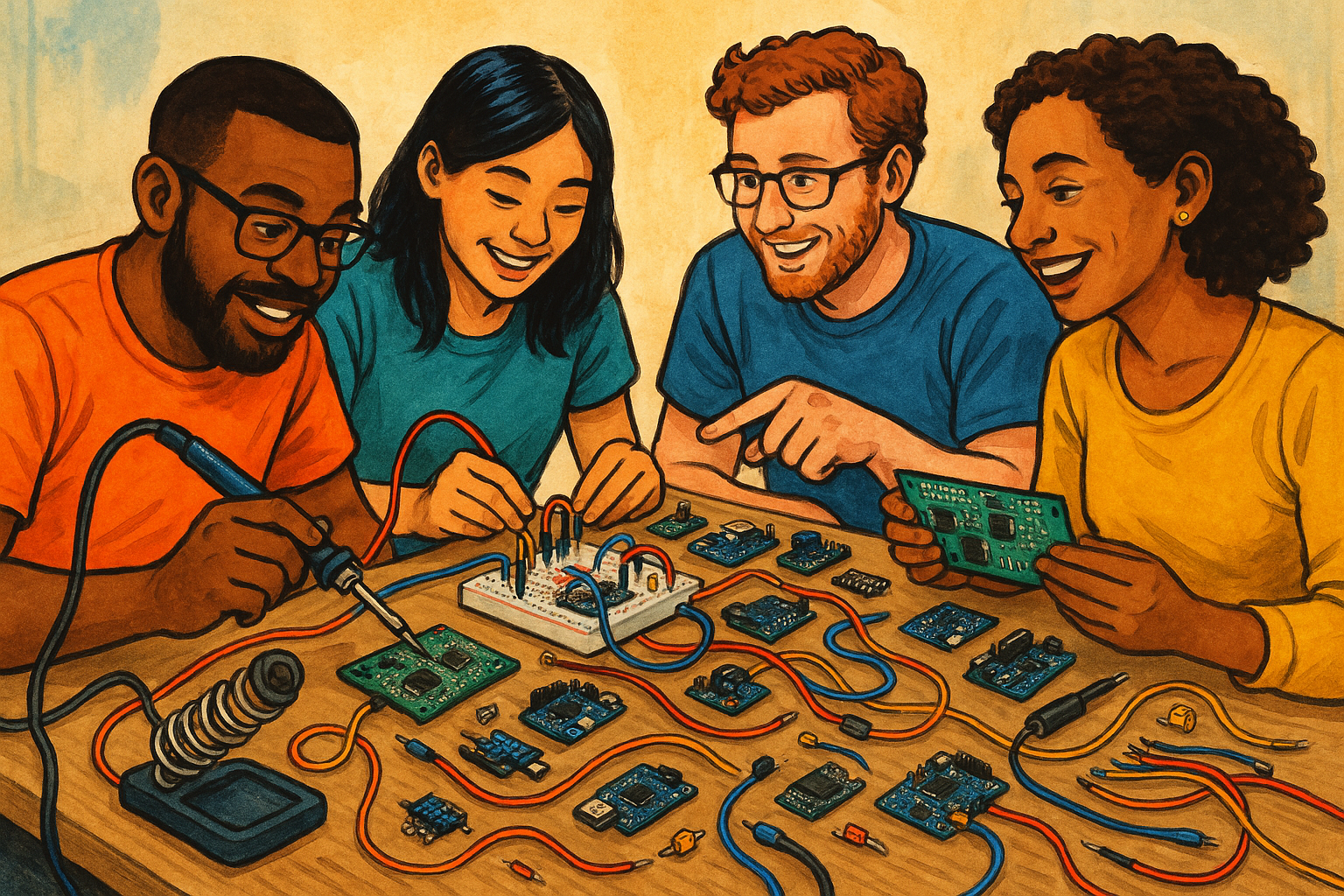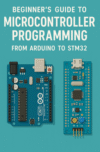If you’ve ever found yourself stuck at the crossroads of computer science, computer engineering, and electrical engineering, you’re not alone. These three majors overlap so much that the first two years of classes can feel almost identical, yet the careers they open up later are wildly different. Picking the right one isn’t just about what you like tinkering with today, it’s also about where the world is heading with AI, robotics, and the growing fusion of hardware and software.
COMPUTER SCIENCE
Let’s start with computer science. At its heart, CS is about algorithms, data, and building the software that powers our digital lives. If you like the idea of coding up solutions, designing clever architectures, or wrestling with AI models, this path feels natural.
CS majors don’t usually worry too much about the underlying chips or circuit layouts, and that’s fine because companies desperately need people who can turn raw hardware into useful applications.
The career paths stretch wide: software development, cybersecurity, machine learning research, cloud infrastructure. And because AI is becoming the default layer of every product, a CS degree positions you well for future-proof roles. But here’s the catch: it’s also the most crowded field, so standing out means specializing in areas like AI safety, high-performance computing, or systems design.
COMPUTER ENGINEERING
Now look at computer engineering. This is where the bridge between bits of code and volts of electricity really comes to life. Computer engineers learn both programming and circuit design, but they spend a lot of time at the interface—processors, embedded systems, chip design, robotics controllers.
If you’ve ever opened up a gadget and wondered not just how the software works but how the hardware is orchestrated underneath, this is your lane. The beauty of computer engineering is that it keeps doors open on both sides. You can go into software, you can go into hardware, or you can build the future of devices that merge both, like autonomous drones or neural network accelerators.
As AI shifts more workloads to the edge, companies are betting on custom chips and efficient embedded systems. That means computer engineers are positioned to design the brains of tomorrow’s machines.
ELECTRICAL ENGINEERING
Then there’s electrical engineering. This one zooms out and looks at the bigger universe of electrons, not just the computers they run on. EE covers power systems, communication networks, signal processing, control systems, and yes, chips too.
It’s the broadest and most fundamental of the three, and it tends to produce graduates who can design anything from renewable energy grids to RF circuits for satellites. If you love math-heavy problem solving, waveforms, or even the physics of semiconductors, EE feels like home.
The career options are equally broad. Some EEs go into chip fabrication, others into telecommunications, and some into the fast-growing field of power electronics as we electrify cars and infrastructure. And with AI, electrical engineers have a unique role too—because training massive models requires efficient hardware and power management at scales never seen before.
What to do…. What to do…
So how do you choose? A good test is to ask yourself what excites you when you’re not in class. Do you find yourself building apps, dabbling in AI projects, or automating little tasks with code? Computer science will feel the most rewarding. Do you get a kick out of tearing apart a Raspberry Pi project, working with microcontrollers, or combining hardware with software? Computer engineering gives you that playground. And if you love the fundamentals of how electricity moves, how circuits behave, and how large systems come together, electrical engineering will stretch your curiosity in ways the others won’t.
It’s worth remembering that the future isn’t siloed. AI will demand engineers who understand not just the software models but also the silicon and energy that make them run. Robotics will need people who can program control loops but also design the sensors and boards those loops depend on. The most resilient engineers will be the ones who can speak across disciplines.
At the end of the day, none of these paths closes doors—you just need to think about what kind of problems you want to wake up solving. Do you want to write the code that runs the world, design the chips that power it, or control the systems that make it all possible? Pick the one that feels like play, because that’s the one you’ll stick with long enough to see the future unfold.



